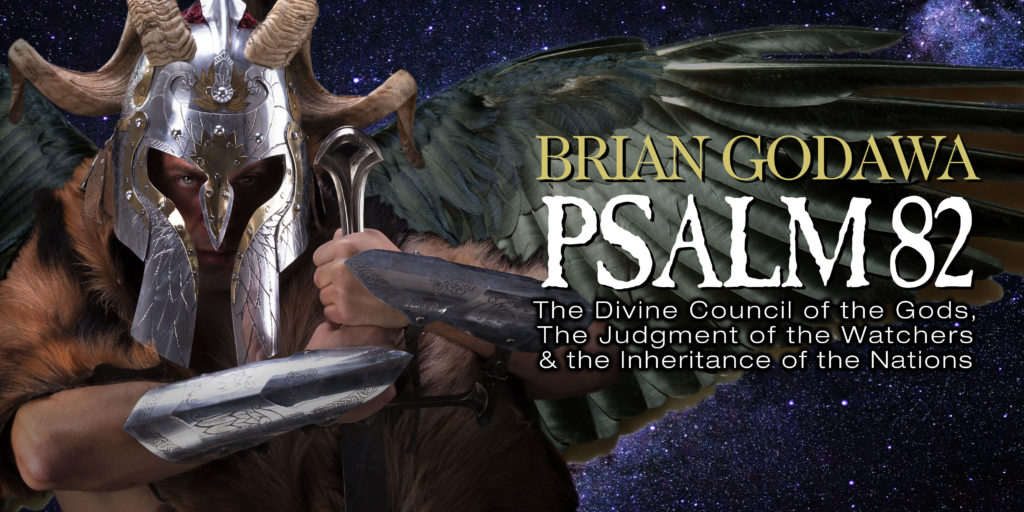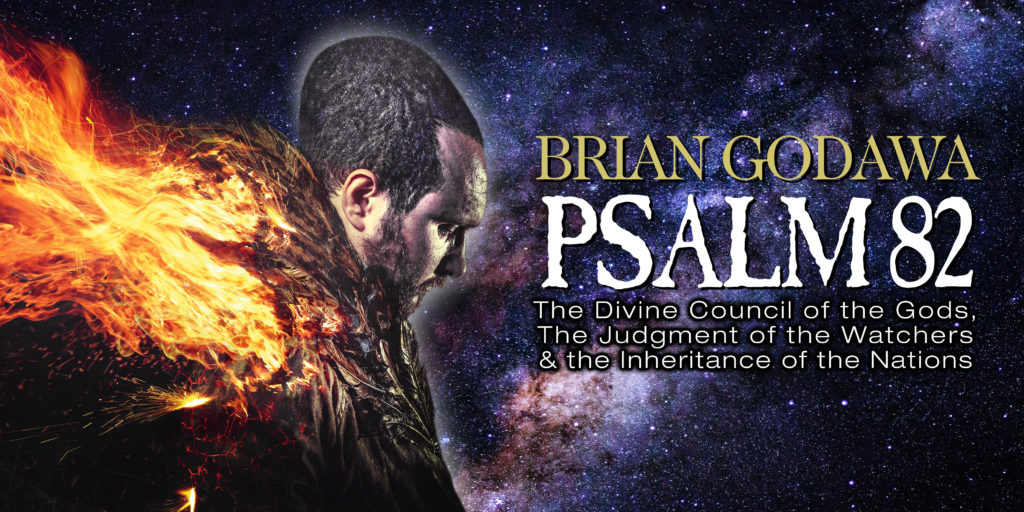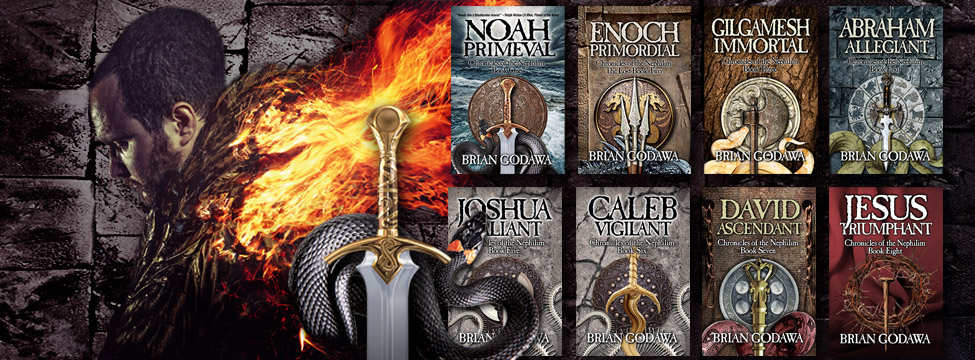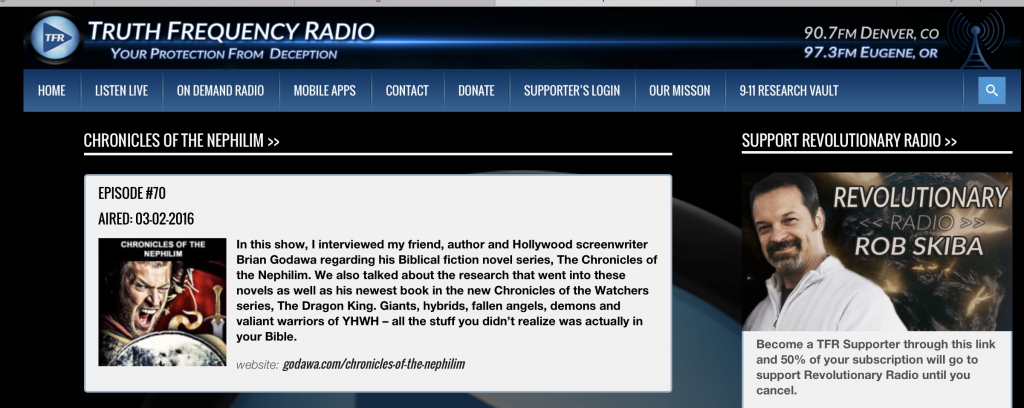These posts are all excerpted from my newest booklet, Psalm 82: The Divine Council of the Gods, the Judgment of the Watchers and the Inheritance of the Nations. You can buy the booklet here.
In my past two posts (1 and 2), I examined Psalm 82 to discover that it talks about God having a heavenly host of divine beings around his throne that counsel with him and carry out his judgments or decisions. They are called “holy ones” (Deut 33:2-3; Jude 14), heavenly host (1King 22:19) the divine council (Psa 82:1), and the Sons of God (Job 5:1; 15:15).
Then I showed how God had separated the seventy Gentile nations at Babel, placing them under the authority of fallen Sons of God, now also called Watchers (Dan 4:13, 17), who were supposed to rule with justice, but instead ruled unjustly and in darkness. This resulted in their punishment.
It is that punishment that I would like to now try to understand from the text.
Like Men You Shall Die
I believe the Watcher’s punishment is loss of both their immortality and their inheritance of nations at Babel. And I will argue that this was accomplished in the first century complex of events of Messiah’s death, resurrection, ascension and arrival of God’s kingdom. Let’s take another look at Psalm 82 to get a good reminder of the narrative.
Psalm 82:1–8
1 God has taken his place in the divine council;
in the midst of the gods he holds judgment:2 “How long will you judge unjustly
and show partiality to the wicked? Selah3 Give justice to the weak and the fatherless;
maintain the right of the afflicted and the destitute.4 Rescue the weak and the needy;
deliver them from the hand of the wicked.”5 They have neither knowledge nor understanding,
they walk about in darkness;
all the foundations of the earth are shaken.6 I said, “You are gods,
sons of the Most High, all of you;7 nevertheless, like men you shall die,
and fall like any prince.”8 Arise, O God, judge the earth;
for you shall inherit all the nations!
The first aspect of God’s judgment upon the gods of the nations is in verses 6 and 7. Apparently, their punishment is the loss of immortality, resulting in death like mortal humans. Though they were gods with divine immortality, they will now die like men.
The question is, what is this death? Is it literal or metaphorical? If it is literal, then the text indicates that the immortal Watchers would lose their immortality and die just like earthly princes. It seems to be a humiliation of the heavenly princes who would otherwise survive their earthly princes’ demise. But in this case, the gods are being stripped of their immortality and thus, their divinity. Death does not become divine beings. So death would be a most serious punishment for such a creature.
But what does this death consist of? Do they die and go to Hades? Do they simply cease to exist? It is at this point that the silence of the biblical text tempts us to speculate. But there is a place to find legitimate information that is better than mere speculation. Keep reading to see what that is… Continue reading









